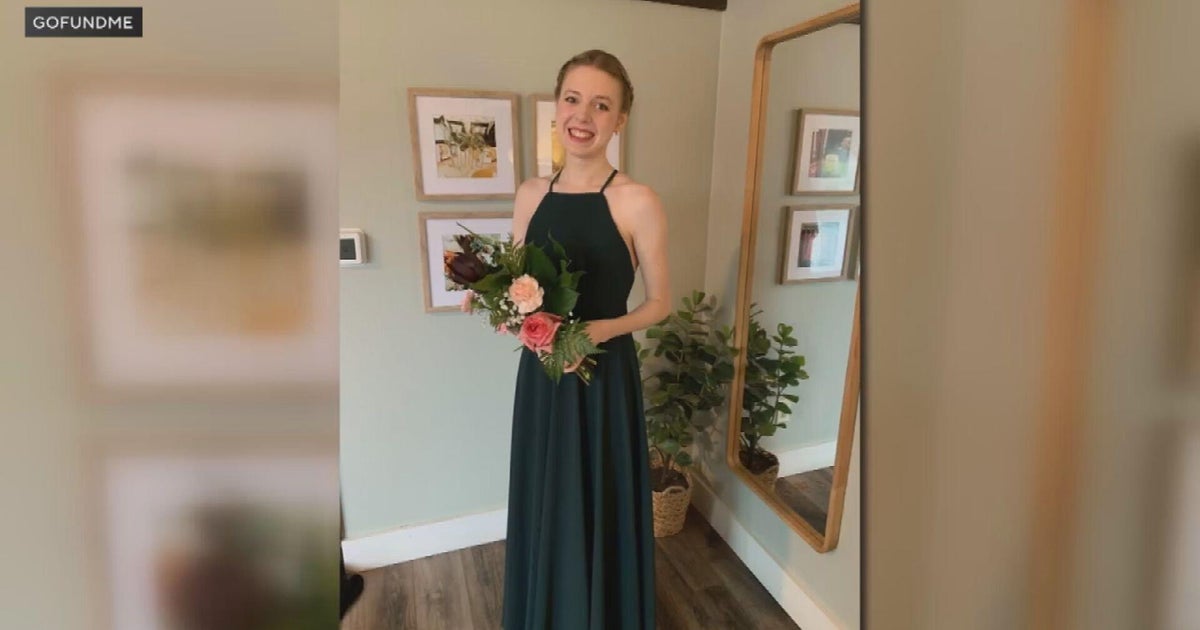Technology Could Affect The Way You Sleep
BOSTON (CBS) - Two-thirds of Americans say they're not getting enough sleep. What they might not realize is the reason could be right in front of them.
Blogger Titania Jordan tosses and turns for hours each night, and she has a hunch why.
"From about 7 p.m. to midnight, I am in front of a screen. I am on the computer. I am on a mobile device."
Dr. Steven Lockley of Brigham and Women's Hospital says light suppresses melatonin, a hormone that helps regulate sleep.
"When we expose ourselves to light at night, we tell the brain that it is daytime."
That shifts our internal body clock, disrupting our circadian rhythm.
The blue wavelengths emitted by energy efficient light bulbs and electronics have the worst effect on us.
Dr. Nathaniel Watson of the American Academy of Sleep Medicine explained, "We know that blue light has the greatest propensity to alter circadian rhythms and yet now it seems that blue is the color du jour."
A recent poll found 95-percent of Americans use electronics a few nights a week with an hour of their bedtime.
Dr. Lockley says even small exposures can have a big impact.
"We've done a number of studies to show that light levels that you would be normally exposed to in the home in the evening, for example from a bed side lamp, are very easily capable of shifting the body clock."
Studies have linked blue light and poor sleep to depression, diabetes, obesity, and cardiovascular problems.
The best strategy for getting to sleep includes having a regular bed time.
Secondly, try to keep your room cool and dark. Most importantly, power down your devices early, 2-3 hours before bed time.
Dr. Watson added, "If you must have screen time before going to bed, then limiting the amount of light that's emitted from the screen would be helpful, so you can turn down the brightness."
Tina has made some of these changes and is already seeing positive results.
"It was fabulous. I didn't go to sleep right away, but I found myself being much more relaxed. "
Exposing yourself to bright light during the day can also help. Dr. Lockley says it will keep you alert and will help reset your body clock.







